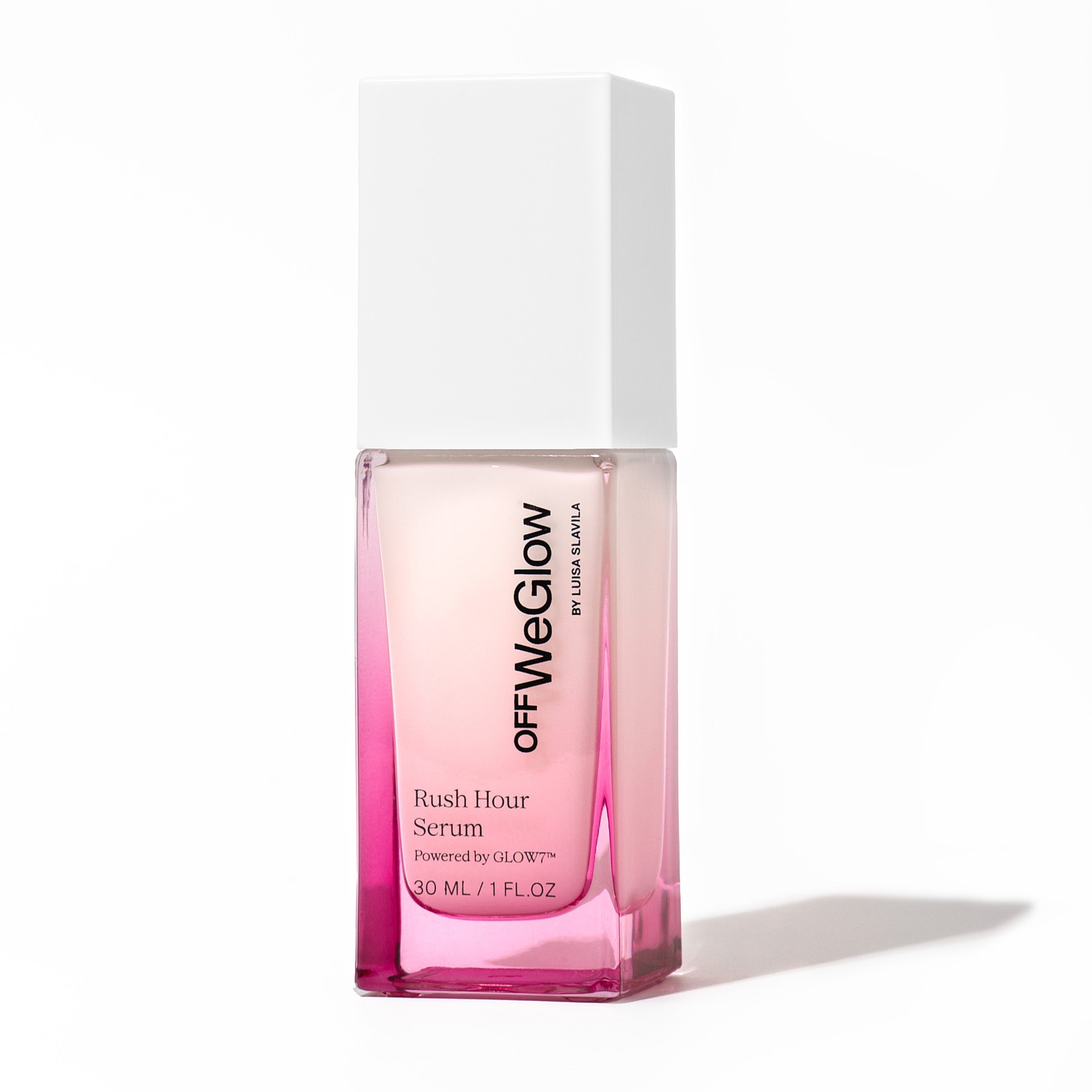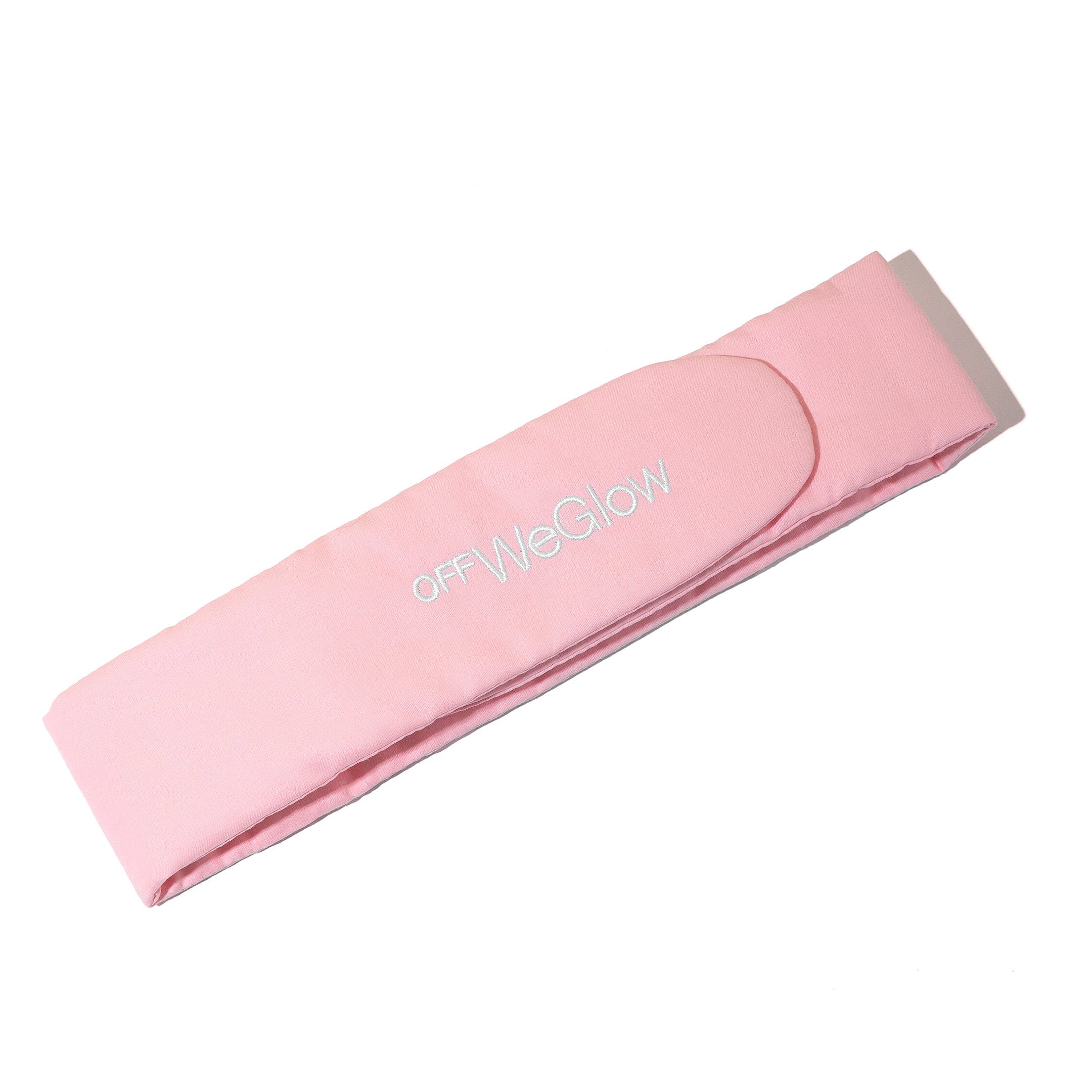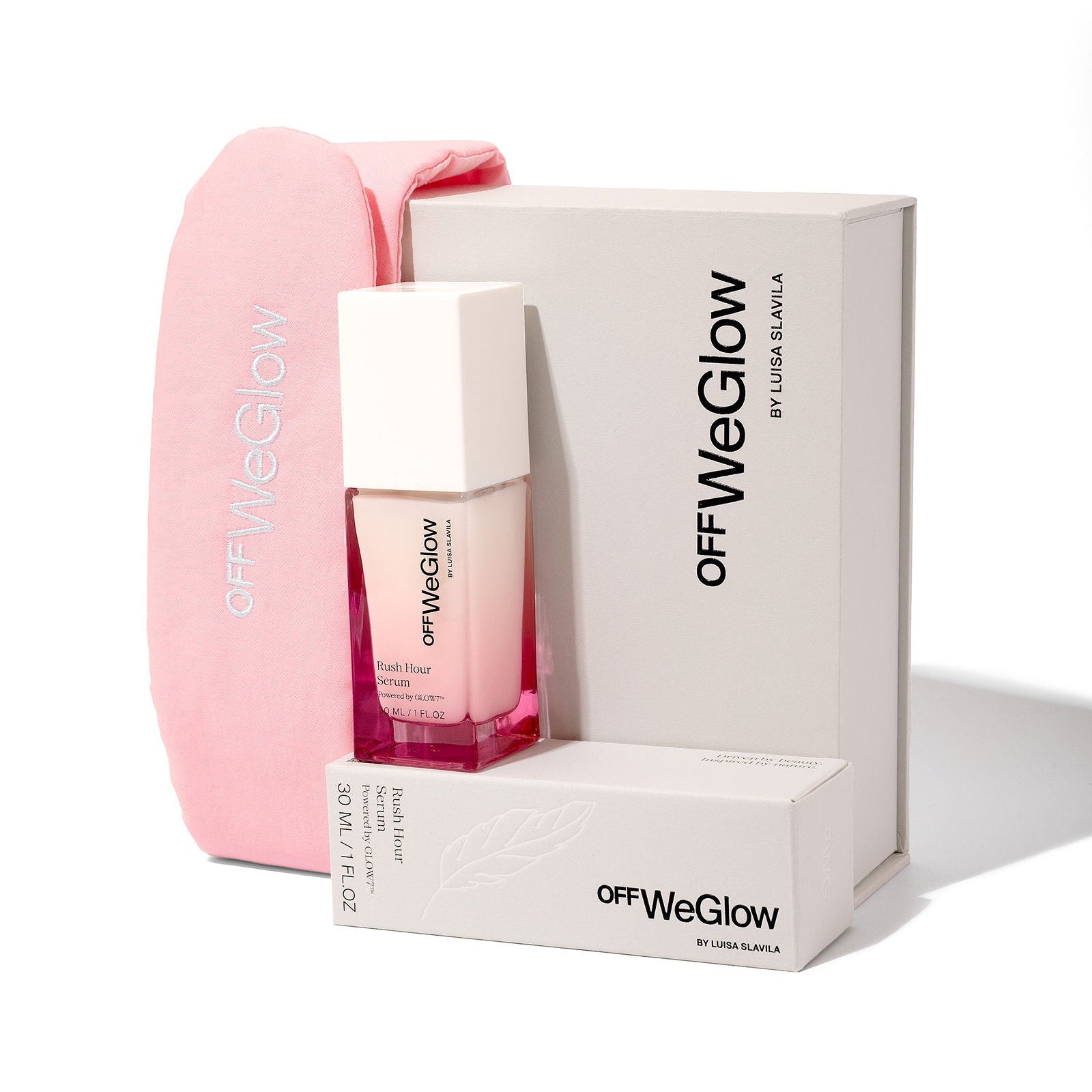
Best Face Moisturizer for Sensitive Skin: Top Picks
Written by Dr Shamsa Kanwal - Dermatologist
Updated on January 15th 2025
You finally pick a product that promises to hydrate, only to wake up with red, irritated skin or fresh breakouts. Does this sound familiar? Finding the
right skin moisturizer for sensitive skin can seem impossible. Many people with this skin type skip moisturizers altogether, worried they’ll clog pores, trigger breakouts, or leave their skin feeling greasy.
Contrary to popular belief, skipping moisturizer is a mistake—even for oily and acne-prone skin. Hydration is essential for maintaining healthy skin. Moisturizers not only provide hydration but also help maintain a strong and resilient skin barrier, which is essential for reducing sensitivity and preventing future breakouts. In this article, we’ll explore the science behind hydration, the best face moisturizers for sensitive skin, and how to choose a moisturizer that nourishes your skin without triggering it.

Why Hydration Matters for Sensitive Skin
Skipping moisturizer doesn’t mean less oil or fewer breakouts. When your skin is dry and dehydrated, it overcompensates by producing more oil, which can clog pores and lead to more acne. Without adequate hydration, the skin barrier becomes weak, making it more prone to sensitivity, irritation, and acne flare-ups.
Moisturizers do more than just hydrate; they protect your skin’s natural barrier, which acts like a shield against irritants and bacteria [1]. A damaged barrier can make your skin more sensitive, leading to redness, irritation, and breakouts. Proper hydration helps keep your skin calm, balanced, and resilient.
Best Ingredients For Sensitive Skin
When it comes to sensitive, acne-prone skin, the right ingredients can make all the difference. Here are some gentle yet effective ingredient categories to look for:
- Hydrating Agents:
Try incorporating these hydrating ingredients to prevent dehydration:
- Saccharide Isomerate
Saccharide Isomerate is a plant-derived humectant that mimics the skin's natural moisturizing factors, offering long-lasting hydration without clogging pores. It reduces pore size and provides long-lasting hydration [2].
- Ceramides
Research spanning 12 months on adolescent males, both with and without acne, revealed a significant link between ceramide levels and skin health. Using advanced analytical tools, scientists identified 283 types of ceramides and found that acne-prone skin exhibited notably lower levels of key ceramides. This disparity was particularly pronounced during winter, a season when skin naturally loses more moisture [3].
Among these, ceramides with specific structures, such as those with 18-carbon bases, were significantly diminished in acne-prone skin. These findings underscore the vital role ceramides play in maintaining a robust skin barrier. Reduced ceramide levels contribute to a weaker barrier, heightened water loss, and increased vulnerability to acne and irritation.
Incorporating ceramide-rich products can help restore the skin barrier, improve moisture retention, and support overall skin health, particularly for acne-prone individuals.
- Syricalm
SyriCalm is an advanced, skin-soothing ingredient designed to enhance the skin's natural ability to retain moisture and strengthen its overall function. One of SyriCalm's key mechanisms is its ability to block specific neurotransmitters responsible for triggering inflammation [4]. Neurotransmitters are chemical messengers that can cause the skin to react more intensely to environmental stressors, such as allergens, pollution, or harsh skincare ingredients. By inhibiting these inflammatory signals, SyriCalm helps reduce redness, irritation, and sensitivity.

- Non-Comedogenic Oils:
- Squalane
Squalane is a lightweight, non-comedogenic oil derived from plants like olives or sugarcane. It’s similar to the natural sebum our skin produces, which makes it an excellent choice for sensitive skin because it’s non-irritating and helps soothe dryness or flakiness without leaving a greasy residue.
- Soothing Additives
- SHAROHYAL SNAIL VEG
SHAROHYAL SNAIL VEG is a plant-based alternative inspired by snail mucin. It’s especially beneficial for sensitive, acne-prone skin because it helps retain moisture in the skin, and aids in strengthening the skin barrier, which is often compromised in acne-prone or sensitive skin. As a plant-based alternative, it’s suitable for those avoiding animal-derived ingredients and works well for delicate skin types.
Here’s a quick comparison of some ingredients suitable for sensitive, acne-prone skin:
| Ingredients | Key Benefits | Why It's Suitable for Sensitive, Acne-Prone Skin |
|---|---|---|
| Saccharide Isomerate | Binds water to the skin's surface, providing long-lasting hydrationr | Maintains hydration without causing irritation or clogging pores |
| Ceramides | Restores the skin barrier and prevents moisture loss | Strengthens the skin barrier, reducing dryness, sensitivity, and breakouts |
| Syricalm | Calms inflammation and soothes skin irritation | Reduces redness and irritation by blocking inflammatory signals |
| Squalane | Lightweight hydration, locks in moisture, and has anti-inflammatory properties. | Mimics natural sebum, provides non-greasy moisture, and prevents pore-clogging |
| Sharohyal Snail Veg | Promotes hydration, healing, and skin barrier repair | Supports skin regeneration, retains moisture, and calms inflammation |
Ingredients To Avoid In Moisturizers
Certain ingredients can irritate sensitive skin or clog pores, which makes them unsuitable for sensitive skin. Here are a few such ingredients you should avoid to prevent irritation or breakouts:
- Heavy Oils:
Oils like coconut oil are known to clog pores, leading to breakouts. If you're prone to acne, it's best to avoid products with heavy oils.
- Fragrance and Essential Oils:
Fragrance and essential oils are common irritants that can trigger allergic reactions or sensitivities, causing skin irritation. Always check the ingredient list for these before use.
- Alcohol-Based Formulas:
While alcohol-based moisturizers may feel lightweight, they can strip your skin of its natural moisture, leading to dryness and irritation.
- Comedogenic Thickeners:
Ingredients like isopropyl myristate and lanolin can clog pores and trigger acne. Choose moisturizers without these comedogenic thickeners to keep your skin clear.
Some skincare products can hide ingredients that clog pores. Before committing to a product, double-check your routine with our pore clogger checker tool to ensure it’s truly non-comedogenic and safe for sensitive, acne-prone skin.
Here’s a quick summary of some ingredients to avoid for sensitive, acne-prone skin:
| Ingredients to Avoid | Risks |
|---|---|
| Coconut Oil and other heavy oils | Can clog pores, leading to breakouts |
| Fragrance and Essential Oils | Can irritate sensitive skin and trigger allergic reactions |
| Alcohol-Based Formulas | Strips skin of moisture, causing dryness and irritation |
| Comedogenic Thickeners | Ingredients like isopropyl myristate and lanolin can clog pores and trigger acne |
How To Choose The Best Moisturizer For Sensitive Skin
Before selecting a moisturizer, it’s important to understand your skin type and specific needs. Here are a few tips on how to choose the right moisturizer for your skin:
- For Oily or Combination Skin: Opt for lightweight moisturizers. These are less likely to clog pores and provide hydration without leaving a greasy residue.
- For Dry Skin: Use a serum containing squalane to provide deep hydration before applying a lightweight moisturizer. This combination helps to lock in moisture and nourish the skin, making it an ideal choice for the best moisturizer for dry sensitive skin without feeling heavy.
- Look for labels such as "non-comedogenic," "oil-free," and "fragrance-free" to ensure the product is suitable for sensitive, acne-prone skin.
- Always perform a patch test on a small area of your skin before applying a new product to your entire face, especially if your skin is sensitive.

Tips For Using Moisturizer Effectively
To get the most out of your moisturizer, it's important to apply it the right way. Here are some tips to help maximize hydration and keep your skin healthy:
- For Dry Skin: If you are using a serum (e.g., squalane), apply it first to clean, dry skin. Allow the serum to absorb fully, and then apply the moisturizer on top. This layering approach ensures that the serum delivers its benefits deeply while the moisturizer locks in hydration.
- For Oily or Combination Skin: Applying a moisturizer to slightly damp skin—after cleansing and without completely drying it—is beneficial. When the skin is damp—not dripping wet but not fully dry either—the residual moisture on the surface can mix with the hydrating ingredients in the moisturizer. This enhances absorption, locks in hydration, and helps maintain a balanced, healthy skin barrier.
- Use in Moderation: More isn't always better. Using too much moisturizer can lead to greasiness and may clog pores, increasing the risk of breakouts. Only apply as much as your skin needs for a balanced finish.
- Pair With A Gentle Routine: To keep your skin barrier healthy, use your moisturizer alongside a gentle, non-stripping and non-comedogenic cleanser. Don’t forget broad-spectrum SPF during the day to protect your skin from sun damage.
For a calming, hydrating serum that layers beautifully with your moisturizer, Rush Hour Serum is a perfect match. Powered by our proprietary GLOW7™ blend, this face serum for sensitive skin supports hydration, brightens tone, and strengthens the barrier without causing congestion, even for the most reactive skin.
FAQS
Here are a few of the most frequently asked questions about moisturizers for sensitive skin:
- Can moisturizers cause breakouts?
A well-formulated, non-comedogenic moisturizer is unlikely to cause acne. Breakouts are more commonly triggered by pore-clogging ingredients or improper skincare routines. If your moisturizer is non-comedogenic and suits your skin type, it should not lead to acne.
- Where does stress acne appear?
Stress-induced acne typically appears in areas where your skin produces more oil, such as the forehead, chin, and jawline. It may manifest as whiteheads, blackheads, or inflamed spots like red papules or pustules.
- Why do I break out when using a new product?
Some individuals experience an initial "purging" phase when starting a new product, especially one with active ingredients like retinoids or acids. For sensitive skin, it’s highly advisable to avoid harsh ingredients such as retinoids or acids and instead choose products with gentle, non-comedogenic formulations. These products are less likely to cause irritation or purging while still supporting skin health. If breakouts persist despite using gentle products, the formulation may not be compatible with your skin, and consulting a dermatologist for alternative recommendations is recommended
- How do I know if a moisturizer is working for my skin type?
A good moisturizer should feel soothing upon application. Over time, you should notice smoother skin and a more even tone. For sensitive skin, an effective moisturizer should help calm irritation and redness without causing new reactions. While minor breakouts may occur when introducing a new product, persistent acne could suggest that the moisturizer isn’t suitable for your skin type or is not non-comedogenic.
- What happens to your skin if you never moisturize?
If you never moisturize, your skin may become dry, dehydrated, and prone to irritation. Without adequate hydration, your skin barrier weakens, making it less effective at protecting against irritants, bacteria, and environmental aggressors. This can lead to redness, flaking, sensitivity, and even increased oil production as your skin tries to compensate for the lack of moisture. For acne-prone skin, a damaged barrier can exacerbate breakouts and inflammation.Therefore, it is not recommended to skip moisturizer, as consistent hydration is essential for maintaining a healthy, resilient skin barrier.
- Is it good to have a break from moisturizer?
In general, taking a break from moisturizer is not recommended, especially if you have dry, sensitive, or acne-prone skin. Regular use of moisturizer helps maintain a healthy skin barrier and balanced hydration levels. However, if your skin feels greasy or clogged, it could mean you’re using the wrong product for your skin type. Instead of skipping moisturizer altogether, switch to a lightweight, non-comedogenic formula that suits your skin’s specific needs to ensure proper hydration without causing irritation or breakouts.
Conclusion
Finding a moisturizer that suits sensitive, acne-prone skin can take time and experimentation, but it’s an essential step towards clearer, more comfortable skin. Look for products that hydrate and support your skin without irritating it. Since everyone’s skin is unique, it's important to test different options until you find what works best for you. If you're uncertain about which products to use, it’s always a good idea to consult a dermatologist to get personalized recommendations.

 Hydration
Hydration Soothing
Soothing Radiance
Radiance Clarity
Clarity











